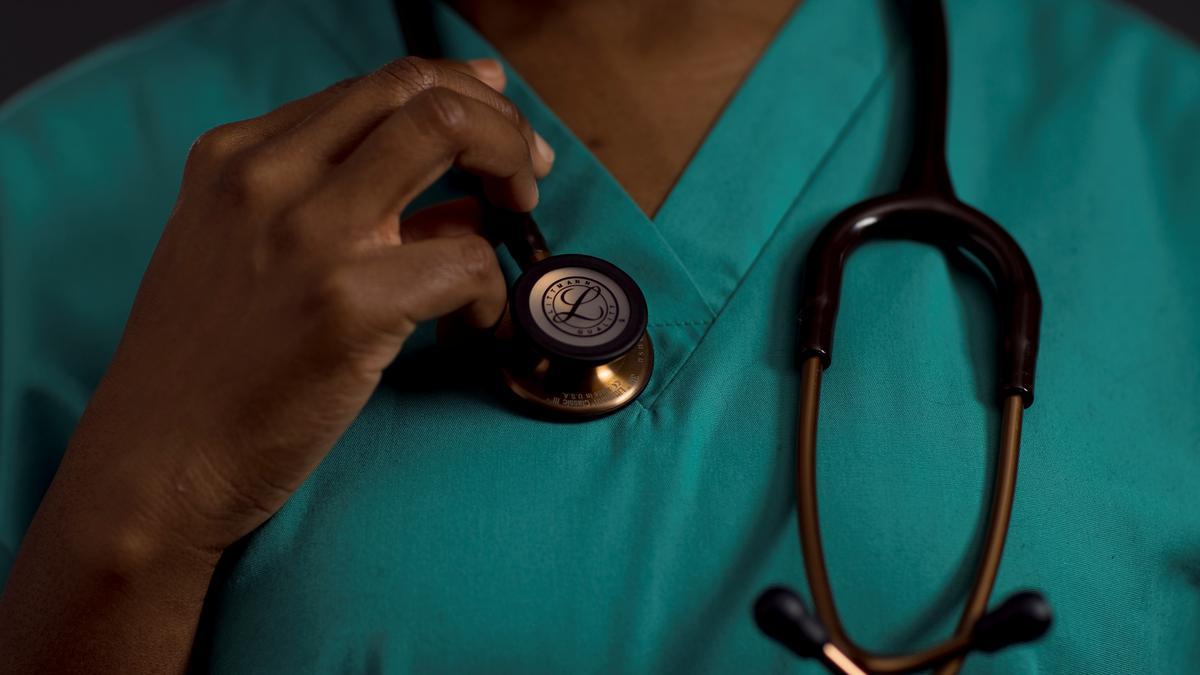Due to the attack that took place on June 3, the number of blood tests taken from patients has dropped [File]
| Photo Credit: REUTERS
NHS England London declared a regional incident after a cyber attack hit the blood testing lab Synnovis, which processes samples for hospitals in the south east London area.
Due to the attack that took place on June 3, the number of blood tests taken from patients has dropped, while their processing was also affected.
Meanwhile, the NHS said that hundreds of operations and appointments had to be re-scheduled, including cancer treatments and C-sections.
The NHS called on people with the O Positive and O Negative blood type to rapidly book appointments in order to donate blood, so that normal stock levels could be maintained.
(For top technology news of the day, subscribe to our tech newsletter Today’s Cache)
Patients who urgently require care are being sent to other healthcare institutions or are receiving mutual aid. Other patients were urged to attend their appointments unless told otherwise.
“The data for the first week after the attack (3-9 June) shows that, across the two most affected Trusts – King’s College Hospital NHS Foundation Trust and Guy’s and St Thomas’ NHS Foundation Trust – more than 800 planned operations and 700 outpatient appointments needed to be rearranged. The majority of planned activity has continued to go ahead, with some specialities impacted more than others,” said the NHS in its post, adding that it would publish “unverified management information” every week in order to keep people informed.
However, the impact of the attack is likely to continue for several months, according to the NHS and Synnovis.
Verified details about the possible perpetrators behind the cyber-attack are not yet public.
“Where there is a ransomware attack, there is always a risk that cyber criminals also access data. Alongside work on restoring services, investigations are continuing to establish any possible impact to data,” said the NHS.

